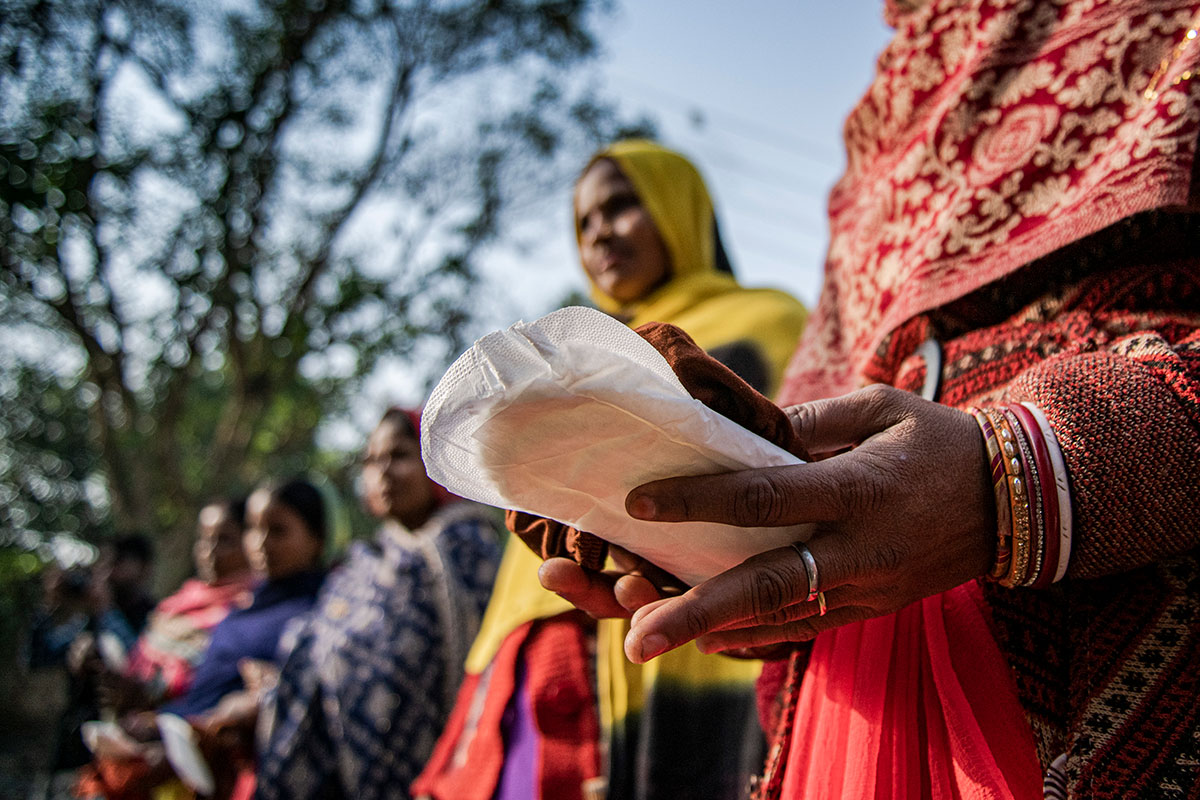- Menstrual Hygiene Day, celebrated every May 28, highlights the importance of menstrual care and raises awareness about the issues faced by those who don't have access to menstrual products.
One cannot help but wonder how women maintain their personal hygiene during menstruation. Experiences may vary; therefore, understanding the challenges that women face in their quest for hygiene during menstruation can help demystify the process.
Menstrual Hygiene Day, celebrated every May 28, highlights the importance of menstrual care and raises awareness about the issues faced by those who don't have access to menstrual products. The theme for 2024, "Together for #PeriodFriendlyWorld," aims to end taboos and stigma related to menstruation.
Menstruation is a biological process experienced by women worldwide each month. This happens when blood and tissue from the uterine line is shed and leaves through the vagina. Women choose different menstrual products to absorb blood during this period, including sanitary pads, tampons, cups, menstrual discs and period underwear.
While some menstrual periods last up to 3 days, others may last up to a week or so, depending on distinct factors. But what makes the period seamless is maintaining good hygiene.
Gone are the days when women stayed home, isolated the whole time, to avoid interacting with others. Without menstrual products, women and girls may be forced to use alternative materials to manage their periods like torn pieces of clothing and rags, which can cause infections.
Aisha (pseudonym) says that since she started menstruating back in 2012, she did not know how to navigate the same.
"During my early days of menstruating, I did not know the dos and don'ts of this. I would wear one pad the whole day. I would feel uncomfortable with the smell not forgetting the irritation because of the contact with the pads," she said. Once Aisha was in high school, she understood the need to maintain proper hygiene on her days to avoid certain complications.
Zuhura (not her real name) recalls how she learned the importance of menstrual hygiene through experience. "My mother only taught me the proper materials that I need for my periods—pads. I knew that I was good to go. I did not know that, at some point, such days could be challenging," she said.
Although strides have been made in the fight against stigma and taboos related to menstrual hygiene, financial constraints have been a contributing factor to unhygienic conditions.
Talking to a couple of women, a general response on how they maintain hygiene during such days includes taking baths regularly, avoiding wearing one pad for too long, using quality pads and disposing of used pads properly. However, these practices are only sometimes possible due to limited resources and facilities available.
"Sometimes girls and women struggle to maintain hygiene on their days. Tough economic times may not allow for the luxury of buying a lot of pads. You may find yourself using just one pad for the whole day, which is not hygienic. Some places may not have enough water. So bathing once a day is all we can do; which is not ideal considering that such period of time require one to bath at least twice a day," Zuhura added.
Kelsey (pseudonym) says she faces challenges of disposal during her period days.
"I have to carry my used pad for a long distance to dispose every time I am in the office while on my periods. Since we don't have pit latrines nearby, I have to work with what I have. Sometimes I may decide to use one pad the whole day since I don't have the right place to dispose," she said.
She wishes every office or any working area could have access to an area of disposal.




-1772102940-md.jpg)


-1772090413-1772095461-md.jpg)


-1772102940-sm.jpg)

